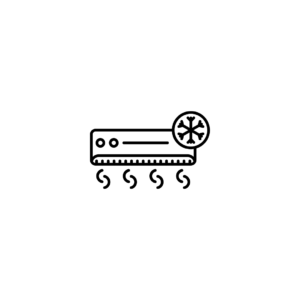Description
The Diploma in Vocational Education (D.Voc) in Sound Engineering is a specialized program designed to prepare students for a career in the sound and audio industry. This program encompasses various aspects of sound production, including recording, mixing, editing, and sound design for different media, such as film, music, television, video games, and live events.
Course Details:
Duration: Typically 1 to 2 years, depending on the institution.
Eligibility: Candidates usually need to have completed secondary education (10th or 12th grade). A background in music, audio technology, or a related field can be helpful but is not always required.
Mode of Study: The program is offered as a full-time course that combines theoretical learning with practical hands-on experience.
Curriculum:
The curriculum for a Diploma in Sound Engineering generally includes the following key areas:
1. Introduction to Sound Engineering
Overview of Sound Engineering:
Understanding the role of a sound engineer in various media and the different areas of sound production.
Basic Concepts of Sound:
Learning about sound waves, frequency, amplitude, and acoustics.
2. Recording Techniques
Microphone Technology:
Understanding types of microphones, their characteristics, and use in different recording environments.
Studio Recording:
Techniques for capturing sound in a studio setting, including setup, techniques for recording instruments and vocals, and managing sound levels.
3. Mixing and Editing
Audio Mixing:
Skills for balancing sound elements, adjusting levels, and creating stereo images using digital audio workstations (DAWs).
Audio Editing:
Techniques for editing audio tracks, including cutting, fading, and applying effects to produce polished final mixes.
4. Sound Design
Creating Sound Effects:
Techniques for designing and creating sound effects for film, television, and video games.
Foley Art:
Understanding the process of recording live sound effects to sync with visual media.
5. Live Sound Engineering
Setting Up Live Sound Systems:
Skills in setting up and operating sound equipment for live events, including mixing consoles, speakers, and monitors.
Troubleshooting:
Learning how to diagnose and fix common sound issues that arise during live events.
6. Music Production
Understanding Music Theory:
Basics of music theory and its application in sound engineering and production.
Producing Music Tracks:
Skills for producing music, including arrangement, composition, and using software tools for electronic music production.
7. Practical Training
Hands-On Projects:
Completing projects that involve real-world sound production scenarios, such as studio recordings and live events.
Internships or Industry Collaborations:
Opportunities to work with audio professionals or studios to gain practical experience and industry contacts.
Assessment:
Assessment in this program may include:
Practical Exams:
Demonstrating skills in recording, mixing, and editing audio.
Portfolio Development:
Creating a portfolio of completed sound projects for assessment.
Written Examinations:
Tests evaluating theoretical knowledge of sound engineering concepts and techniques.
Career Opportunities:
Graduates of the D.Voc in Sound Engineering can pursue various career paths, including:
Sound Engineer: Working in studios or on location to record, mix, and produce audio for various media.
Audio Technician: Providing technical support for live sound events, including setup and maintenance of audio equipment.
Music Producer: Collaborating with artists to produce recordings, manage sessions, and shape the sound of music projects.
Foley Artist: Creating and recording sound effects for films, TV shows, and video games.
Sound Designer: Developing soundscapes and audio effects for multimedia projects, including video games and installations.
Broadcast Engineer: Managing audio for radio and television broadcasts, including live and recorded content.
Freelance Audio Professional: Offering specialized services in sound recording, mixing, and production for various clients and projects.
This diploma program is ideal for individuals passionate about audio and sound technology who want to build a career in the entertainment and media industries. If you have any more specific questions or need additional information, feel free to ask!









